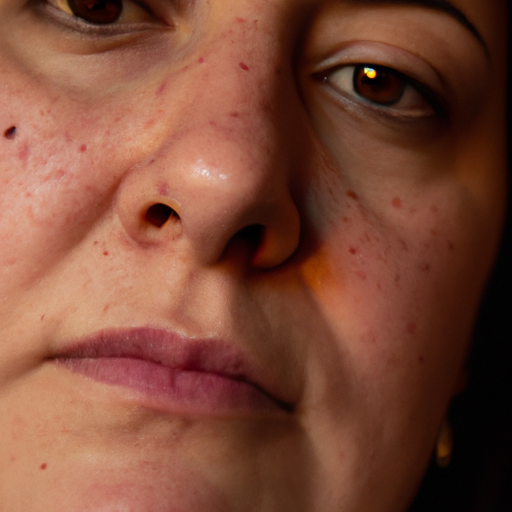As a dermatologist, I encounter numerous patients suffering from dry skin, a condition that can cause discomfort and negatively impact one’s self-esteem. Dry skin can be a result of various factors such as weather changes, aging, or underlying skin conditions. However, with the right care and treatment, it is possible to restore your skin’s moisture and achieve a healthy glow. This article aims to unveil some effective dry skin treatments that can help quench your skin’s thirst.
Firstly, it is essential to understand that dry skin is not just an aesthetic concern but can also lead to severe skin conditions if left untreated. Dry skin can crack and bleed, making it susceptible to infections. Therefore, it is crucial to take proactive steps to treat dry skin.
One of the most effective treatments for dry skin is regular moisturizing. Moisturizers work by trapping water in your skin, which can help reduce dryness and flaking. For best results, apply a moisturizer immediately after bathing when your skin is still damp. This helps lock in the moisture. Look for moisturizers that contain ingredients like hyaluronic acid, glycerin, or ceramides, which are known for their hydrating properties.
Another effective treatment is using gentle skincare products. Harsh soaps and detergents can strip your skin of its natural oils, leading to dryness. Opt for mild, fragrance-free cleansers and body washes that are specifically designed for dry skin. Also, avoid using hot water for bathing as it can further dry out your skin. Instead, use lukewarm water.
Exfoliation is another secret to treating dry skin. It helps remove the layer of dead skin cells that can prevent moisturizers from penetrating your skin effectively. However, it’s important not to over-exfoliate as it can irritate your skin. Aim to exfoliate once or twice a week using a gentle scrub or a brush.
In addition to topical treatments, your diet can also play a significant role in maintaining your skin’s health. Consuming foods rich in omega-3 fatty acids, such as fish and flaxseeds, can help nourish your skin from within. Drinking plenty of water is also crucial to keep your skin hydrated.
Lastly, if your dry skin persists despite these measures, it might be time to consult a dermatologist. Persistent dry skin can be a sign of an underlying skin condition like eczema or psoriasis. A dermatologist can diagnose the cause of your dry skin and prescribe appropriate treatments.
In conclusion, treating dry skin requires a combination of regular moisturizing, using gentle skincare products, exfoliating, maintaining a healthy diet, and seeking professional help when necessary. Remember, every person’s skin is unique, and what works for one might not work for another. Therefore, it’s important to understand your skin type and needs before starting any treatment regimen. With the right care, you can quench your skin’s thirst and enjoy a healthy, radiant complexion.



